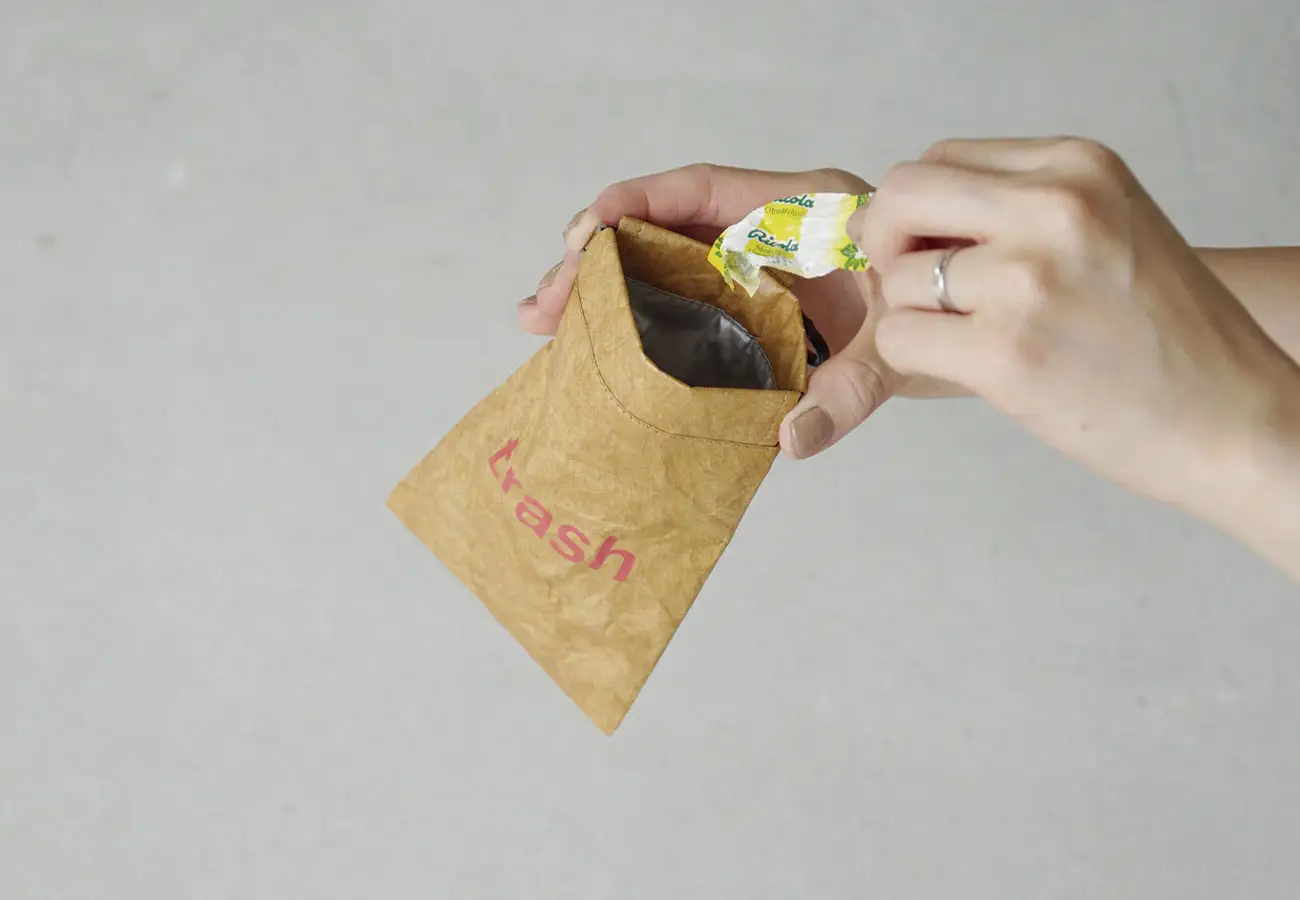One of the first things many visitors notice in Japan is how clean the streets are—even though public trash cans are surprisingly rare. This often leads to a simple but fascinating question:
“Why is Japan so clean, even without trash bins everywhere?”
The answer lies not just in infrastructure, but in deep-rooted cultural values and everyday behaviors.
1. The Culture of Carrying Your Trash Home
In Japan, it’s common practice to take your trash home with you. Whether you’re in a park, at a festival, or walking around town, you’re expected to hold onto your waste until you find a place to dispose of it—often at home or in your hotel. This is based on a widespread belief: don’t burden others with your mess.

2. A Shared Responsibility to Keep Public Spaces Clean
Japanese people tend to see public areas as shared spaces that everyone is responsible for. Littering is viewed not just as rude, but as disrespectful to others. From a young age, children are taught to avoid making a mess and to be mindful of their surroundings.
3. Cleaning as a Part of Daily Life
In many Japanese schools and companies, people clean their own classrooms or workspaces. This practice fosters a mindset of accountability and pride in keeping things tidy. Cleanliness isn’t just about hygiene—it’s about respect.
4. Safety and Practical Considerations
At times, public trash cans have been intentionally reduced in Japan due to safety or security reasons. Despite this, cities remain remarkably clean because of the population’s high standard of behavior and mutual consideration.


In Short
apan’s cleanliness isn’t maintained by rules alone—it’s the result of a society where people quietly care for their shared environment.
As a visitor, you can be part of that. Simply keeping your trash with you until you find a proper place to throw it away helps you experience a deeper aspect of Japanese culture: the quiet, thoughtful respect for others that keeps the country running so smoothly.
